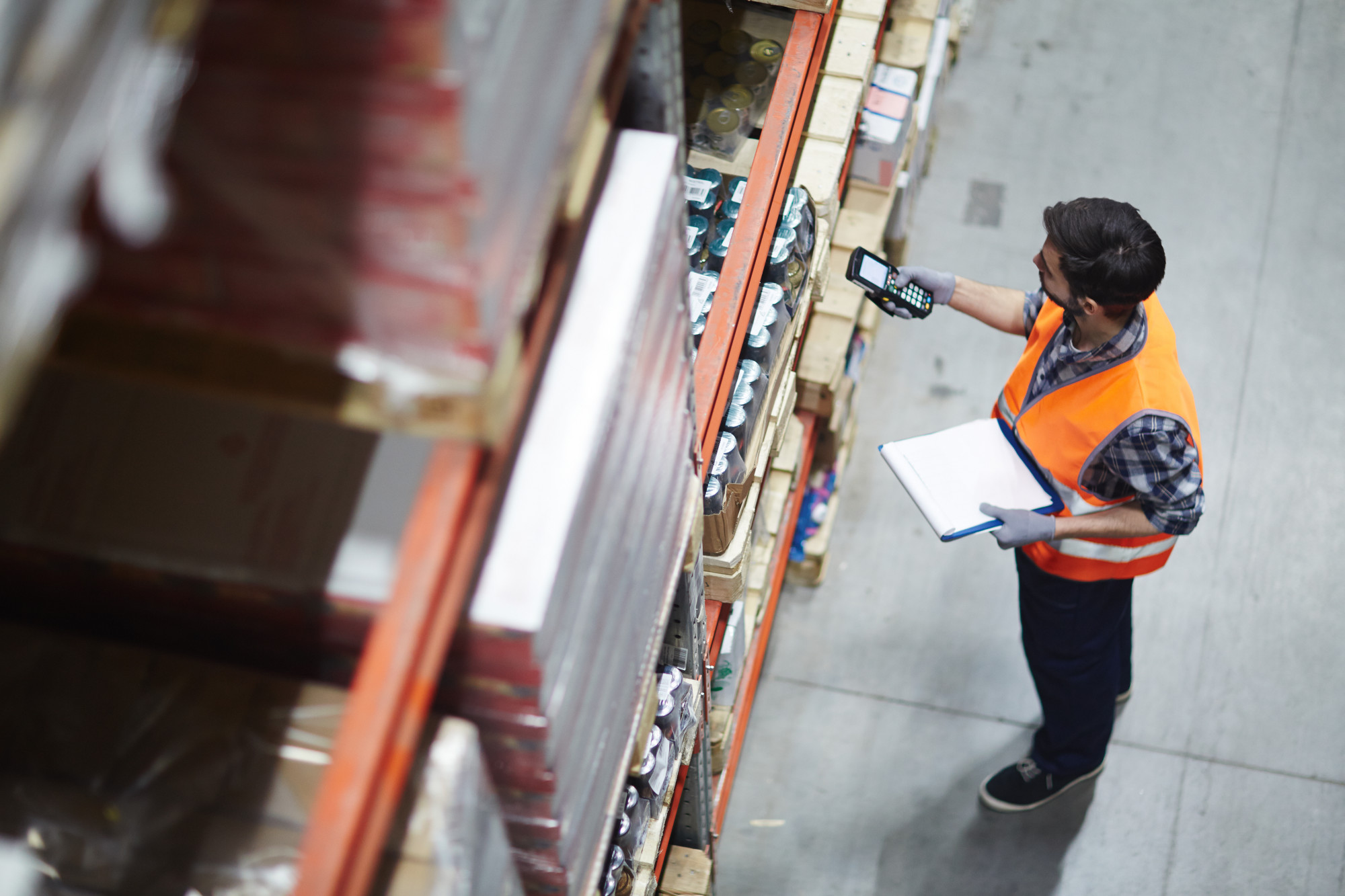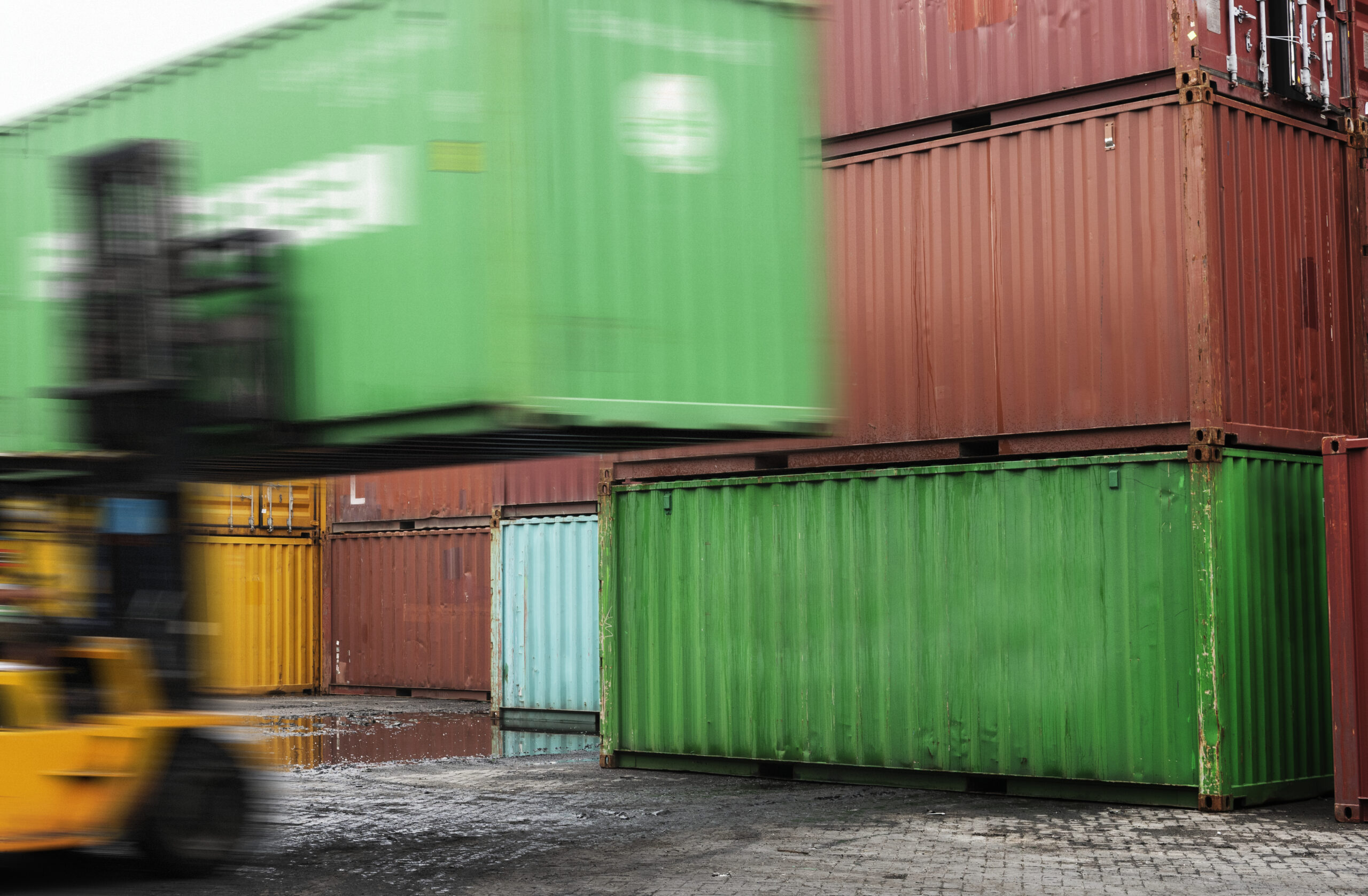Each year in the United States, entrepreneurs start over 600,000 new businesses. Unfortunately, not all of these companies reach the heights that they should. One of the most important attributes for entrepreneurs to focus on is catering to all the logistics mistakes in the business. This is especially true for those who own online stores, as many businesses of this type ship directly to the consumer.
Although handling this obligation might seem difficult, it’s not nearly as complicated as many people think. We’ve put together a brief guide that outlines all of the key details you need to keep in mind.
Let’s explore some of the most common logistics mistakes and how to avoid them.
1. Overstocking or Understocking
As you might guess, either stocking too much inventory or not enough can lead to significant problems for your business. Overstocking can tie up valuable resources like cash and storage space, while understocking can result in lost sales and unhappy customers.
The key to avoiding these problems is to maintain an accurate inventory level. This can be done by tracking your sales data and using it to forecast future demand.
2. Poor Order Management
If you’re not keeping track of your orders properly, it can lead to a number of problems down the line. For instance, you might end inadvertently up overstocking some items while understocking others.
Or you might have trouble fulfilling orders on time, leading to frustrated customers. To avoid these issues, it’s important to have a good order management system in place.
This should include a way to track orders from start to finish, so you can always see where they are in the process.
3. Not Working With the Right Logistics Partner
Your logistics partner plays a vital role in ensuring your products are delivered on time and in good condition. So it’s important to choose a partner that you can trust.
Do your research and take the time to find a partner with a good reputation. Then, be sure to keep communication open so you can avoid any misunderstandings or problems. Other factors to consider when choosing a logistics partner include their experience, price, and location.
4. Not Making Full Use of Technology
Technology can help you streamline your logistics operation and make it more efficient. For instance, there are software programs that can help you track inventory levels and orders.
There are also GPS systems that can be used to track shipments. If you’re not taking advantage of these technologies, you’re likely to fall behind your competition.
Make sure you’re using all the tools at your disposal to improve your logistics operation. When searching for logistics management software, be sure to consider factors like price, features, and ease of use.
5. Not Tracking Your Data
It should come as no surprise that tracking analytics is crucial to managing your logistics properly.
Without accurate data, it’s impossible to make informed decisions about your operation. There are a number of different metrics you should be tracking, such as inventory levels, order fulfillment rates, and shipping times. Keep track of this data and use it to improve your operation on an ongoing basis.
You should also only use shipment tracking tools from credible providers.
6. Not Considering the Customer Experience
Your customers should always be your top priority when managing your logistics.
After all, it’s their satisfaction that will keep them coming back to your business. There are a number of ways to improve the customer experience, such as providing tracking information and offering fast shipping times. It’s also important to make sure your products are properly packaged and arrive in good condition.
7. Having Subpar Return Policies
No matter how well you manage your logistics, there will always be times when customers need to return products.
That’s why it’s important to have a returns policy in place that is fair and convenient for both you and the customer. Your return policy should be clearly stated on your website and on any packaging or labels. It should also be easy for customers to understand and follow.
8. Not Separating Bulk Storage and Fast-Pick Areas
If you store all of your products in one area, it can substantially lower productivity.
If you keep bulk storage and fast-pick areas together, it will be much more difficult for warehouse employees to find the items they need. A bulk storage area is typically used for large quantities of slow-moving items. A fast-pick area, on the other hand, is designed for smaller quantities of fast-moving items.
By keeping these two areas separate, you can improve your warehouse’s overall efficiency and prevent conflicts that could happen in the future.
How Does Hiring With an Order Fulfillment Partner Work?
When you find a good logistics partner, they can help with a number of different aspects of your operation.
For example, they can provide warehousing and fulfillment services, for instance. They can also help with shipping, transportation, and customer service.
In context, this involves trusting your partner to handle different aspects of your logistics operation. This can free up your time so you can focus on other parts of your business.
Avoiding These Common Logistics Mistakes Is Crucial
Although circumventing common logistics mistakes might seem difficult at first, it’s much easier than people think. Keep the above tips in mind when moving forward so you can avoid mistakes that you may have otherwise made.
Looking for more info about how we can help? Feel free to get in touch with us today to see what we can do for you.





